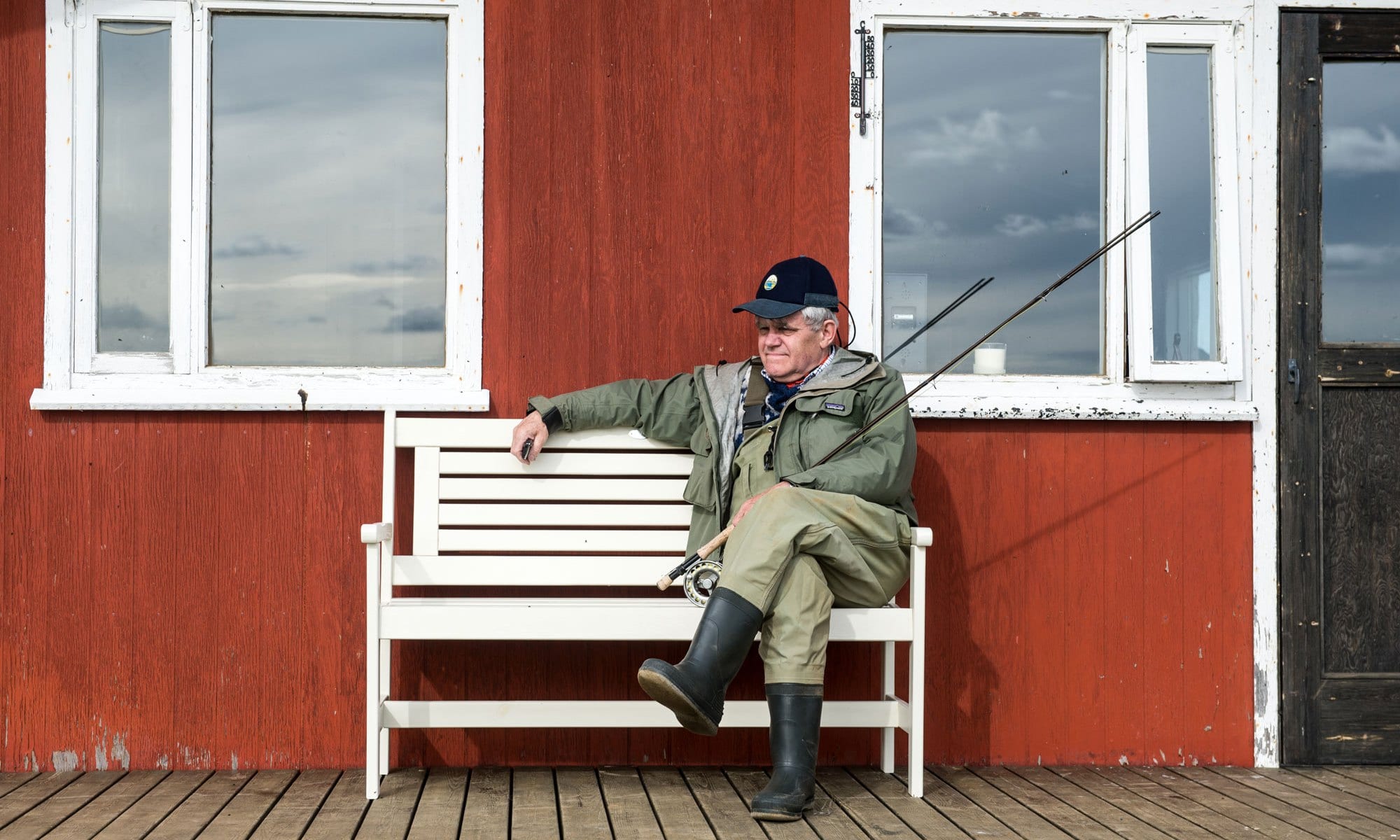About NASF
History of NASF
The North Atlantic Salmon Fund, or NASF, is a non-profit conservation organization dedicated to Atlantic salmon and marine biodiversity.
NASF was founded in Iceland in 1989 to support the work of Icelandic businessman and conservationist, Orri Vigfusson. An avid angler who grew up in a fishing town, he observed plummeting salmon returns on Iceland’s famous rivers in the 1970s and 80s. Recalling the devastating collapse of the herring fishery during his youth, he was galvanized into action.
Orri recognized conservation efforts would have the greatest impact at salmon feeding grounds off the coasts of Greenland and the Faroe Islands. There, multiple stocks of salmon gather from over 2,000 rivers on both sides of the Atlantic before returning to their home rivers to spawn. But commercial fishing was decimating stocks – over 2500 tonnes of salmon was pulled from Greenlandic waters between 1988 and 1990, alone.
Utilizing his business acumen, Orri brokered agreements aimed at decreasing or eliminating the commercial salmon catch while simultaneously compensating fishermen and transitioning them to more sustainable fisheries. His novel approach succeeded where government interventions had failed. Total catch in these regions fell sharply or stopped all together, saving hundreds of thousands of salmon across the North Atlantic. As a result, Orri is credited with saving Atlantic salmon from extinction.
Orri Vigfusson, received numerous awards and recognitions, among them medals of honor from the Icelandic, Danish and French governments, as well as recognition from Time Magazine and The Economist. In 2007, Orri received one of the most respectable environmental prizes in the world from Prince Charles: The Goldman Environmental Prize, for his battle to save endangered species.
NASF Today
Following Orri’s passing in 2017, the Orri Fund was established to ensure his legacy lives on through the continuation of commercial conservation agreements in key salmon regions (more at https://northatlanticsalmonfund.org/orris-video/). Over the years the Orri Fund expanded its mission, and it is now also a source of nimble and responsive funding for conservation initiatives targeting new, emerging threats to salmon.
Today, NASF is a leader in Atlantic salmon conservation, bringing together an international network of volunteer led affiliates spanning the North Atlantic, from Norway to the United States. Its work is amplified by corporate partners such as Patagonia and LOOP Tackle, as well as world-renowned chefs, artists, filmmakers, guides and influencers who share a passion for environmental conservation and this iconic species.
In the last years, the Icelandic division of NASF has taken action against power plants that contaminate salmon trails, such as the plant located in the lower part of river Þjórsá. The Fund has also been outspoken against plans for large-scale aquaculture in open net pens on Icelandic shores, and works to call attention to the subsequent danger to other salmonids and to the environment, generally. Given the environmental impact of open net pens in particular, this battle links the Fund’s work to many other environmental conservation efforts and interest groups who support wildlife sustainability.
From battling the expansion of open net pen salmon farming, to closing unsustainable fisheries and protecting sensitive habitat, NASF fights for Atlantic salmon on many fronts. New threats to salmon require new strategies, and NASF has evolved and adopted new approaches to address changing times. Through it all, however, NASF’s mission remains unchanged: to return Atlantic salmon stocks back to their historic abundance, ensuring their existence for future generations to come.
